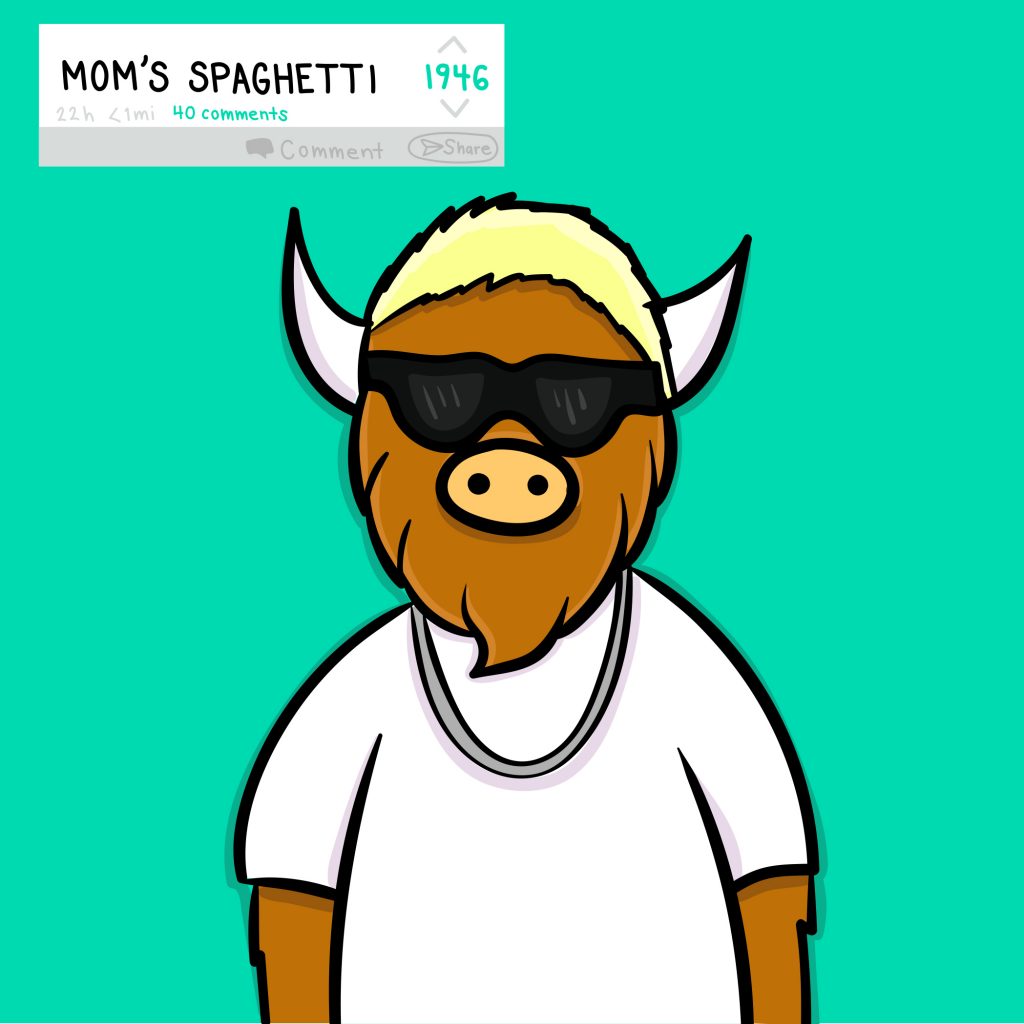After four years, Yik Yak has finally returned. Yik Yak, an anonymous sharing application first launched in 2013, quickly became popular within college communities. The app functions by connecting users within a five-mile radius and creating a shared discussion thread among locals. By making anonymity its defining feature, Yik Yak grew exponentially among college students, allowing all students free rein to complain, criticize and joke about their college campus without fear of retribution. However, users quickly began exploiting this anonymity, creating a toxic environment overrun with racism, sexism, cyberbullying and other forms of violence. Consistent user complaints eventually led to the app shutting down indefinitely in 2017.
After purchasing Yik Yak in 2021, the app’s new owners state on their website that they are “committed to making Yik Yak a fun place free of bullying, threats and all sort of negativity.” All bullying and hate speech goes against Community Guardrails, and serious violations will result in users immediately being banned. Now that Yik Yak is back (back again), it raises an interesting conversation surrounding whether or not anonymous sharing services are safe or worthwhile.
The anonymity of Yik Yak definitely has its advantages. As the Yik Yak website says, anonymous features grant all users a voice. Every user or student has a chance to create a message that is upvoted by hundreds of nearby users, providing the thrill of going viral without any identifying factors. This environment easily fosters the creativity and humor that Yik Yak is known and loved for on college campuses. Anonymity can also give students a much-needed outlet to freely complain about campus-related issues without fear of retribution. Very few social media apps can compete with the features of Yik Yak in the ability to offer highly relatable content to a small, centralized crowd. Whether discussing classes, Wi-Fi or Greek life, campus-related posts give students a unique opportunity to interact with their communities like never before.
However, all of the upsides of anonymous sharing are nearly doubled by their downsides. While anonymity can surely cultivate engaging and comical commentary, it can just as easily promote the discriminatory or threatening messages which led to Yik Yak’s downfall in the first place. SUNY campuses alone dealt with a multitude of serious threats to campus safety when Yik Yak peaked in 2014, leading to student arrests at SUNY Canton and SUNY Oneonta. In 2015, the SUNY Brockport president wrote directly to the founders of Yik Yak asking they alter their app after observing an influx of racial slurs and threats following a Black Lives Matter protest.
Clearly, Yik Yak’s return poses a potential threat to the wellness of campus communities, leading some to advocate for its removal once again. This conversation also revitalizes the long-standing college debate around free speech. This issue is especially relevant for those of us at Binghamton University who can recall the 2020 lawsuit alleging BU administration’s violation of free speech guidelines surrounding conservative organizations and speakers on campus. The question of free speech often revolves around what, or who, extending all forms of free speech comes at the expense of. Most often, that answer is marginalized communities: women, LGBTQ+ and BIPOC communities. A majority of Yik Yak harassment targeted these groups in particular, and brushing this harassment under the wide umbrella of “free speech” can serve to protect privileged members of society while continually harming these vulnerable communities. This harassment in particular threatens to exacerbate tensions between marginalized communities and BU administration, which already has a history of insufficient and ineffective responses to sexual or racial violence on campus.
Still, while anonymity may be the defining feature of Yik Yak, it is not necessarily a new idea, and neither are the controversial discussions around it. As Yik Yak continues to grow at BU and other college campuses, users must keep in mind that it is not necessarily the app itself which creates these potential issues — it is the user. Users themselves are responsible for the content they post, and it is on them to be mindful and respectful despite the freedom that anonymity may grant. In order to keep campus safe and ensure that the fun and community aspect of Yik Yak remains, students must take Yik Yak’s history into account and beware of the toxic behaviors which plagued the app four years ago. Users should diligently downvote and report all violent or discriminatory remarks, and should not post anything they know would cause harm to another user. Any serious threats of violence should immediately be reported to local law enforcement. If users can commit to these actions and make Yik Yak a safe environment for everyone, we can ensure its survival once and for all.
For the Editorial Board’s personal Yik Yak favorites, read below:
Ciara Lavin, Editor-in-Chief: “the edu does not roam far enough”
Sarah Teper, Managing Editor: “hey my mom said she can pick us up from the rat tomorrow or drop us off, but not both”
Riccardo Monico, News Editor: “I asked for a medium instead of a grande and the Starbucks truck ran me over”
Kaitlyn Liu, Opinions Editor: “Sending drunk texts at a frat party, call that Greek literature”
Lakhsmi Chatterjee, Arts & Culture Editor: “why is it harder to get into the east gym than the us capitol”
Joe Tonetti, Sports Editor: “whoever hit a devious lick on my yamaka please return it”



